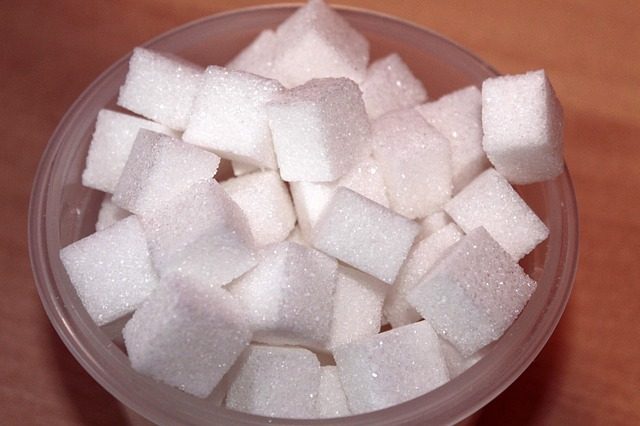Tesco reduces the sugar content in its soft drinks
This week, supermarket giant Tesco announced that it will make further reductions to the amount of sugar in its soft drinks and these newly reformulated drinks will be available in-store from 11th November.
This reduction in sugar is a direct result of the government’s sugar tax and is part of Tesco’s ongoing commitment to reduce the sugar, fat and salt content of the products the company makes. This reduction in sugar content means that Tesco’s soft drinks will now have less than five grams of sugar per 100ml meaning that the average Tesco customer will be consuming 20% less sugar than they did in 2011.
Tesco is working in partnership with Diabetes UK and the British Heart Foundation to improve the nation’s health and so far they have reduced the salt, sugar and fat content of over 4,200 products.
Matt Davies, Tesco UK’s CEO said of this recent reduction in sugar:
“This is just one part of our plans to make the food on our shelves healthier by reducing levels of sugar, salt and fat in our own brands”
 This reduction in sugar can be seen as a success of the government’s sugar levy (sugar tax) which will apply to drinks with a total sugar content above 5 grams per 100ml. A higher rate will be applied to drinks with more than 8 grams per 100ml. The levy won’t be applied to milk-based drinks or fruit juices. The levy will come into effect from April 2018.
This reduction in sugar can be seen as a success of the government’s sugar levy (sugar tax) which will apply to drinks with a total sugar content above 5 grams per 100ml. A higher rate will be applied to drinks with more than 8 grams per 100ml. The levy won’t be applied to milk-based drinks or fruit juices. The levy will come into effect from April 2018.
The money raised from sugar levy will be used to double the funding available to primary schools for PE and sports programme. The government has estimated that the sugar levy will raise £320 million a year for primary schools to support healthier more active lifestyles in children. The funding will not only go towards expanding PE and sports programmes but to also expand breakfast clubs in primary schools ensuring that children have access to a healthy breakfast every week day.
The Lake Foundation is happy to hear that Tesco has taken this step to reduce the sugar content of its soft drinks and if more companies follow suit this can make a significant contribution to improving the health of the UK’s population.










